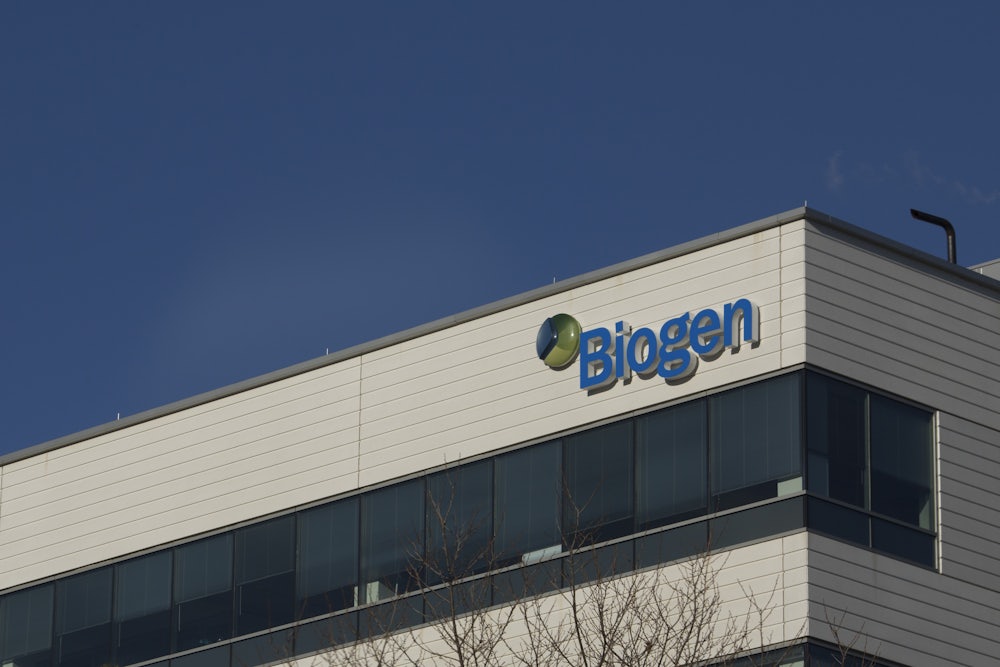Last week the Food and Drug Administration approved Aduhelm—the first new Alzheimer’s drug in 18 years—an event that, at first blush, heralds the amazing news of a medical advance. Perhaps it might have been, had the whole process leading up to the agency giving its nod to the medication played out in a functional health care system. But that’s not what happened. Far from hailing the advent of a transformative breakthrough for the six million Americans suffering from a terminal illness marked by prolonged cognitive decline, the FDA’s decision to greenlight Biogen’s new therapeutic overrode the overwhelming recommendation of its independent scientific advisory committee not to do so, which prompted several to quit in disgust. In his resignation letter, Dr. Aaron Kesselheim of Harvard Medical School called the move “probably the worst drug approval decision in recent U.S. history,” which stands to “undermine the care of these patients, public trust in the FDA, the pursuit of therapeutic innovation, and the affordability of the health care system.”
He’s right. But the story of how a drug that’s never even been proven to work is now poised to rake in billions of dollars for its manufacturer, impose needless suffering on millions of families, and destabilize Medicare and Medicaid in the process, goes well beyond the failures of what should be the toughest regulatory body of the U.S. government. Aduhelm is far from the first $55,000 flop put forth by the toxic American combination of a highly commodified pharmaceutical industry and disjointed financing stymied by private interests. Without a total overhaul of this dysfunctional status quo, it won’t be the last.
Getting a drug from a petri dish to patients is a long and arduous process, and it should be: Those concoctions are going into real people’s bodies, sometimes at the most vulnerable and painful moments of their lives. Once you’ve gone through the humbling basic research (often building upon decades of past labor, much of it publicly funded) to pinpoint a molecule that’s potentially effective against a certain health problem, you need to understand how it affects the human body and demonstrate that it’s both safe and effective.
Moreover, determining whether a drug is “safe” and “effective” is complicated, and many different interests and trade-offs need to be considered. The possible liver damage that comes with a course of isoniazid, for example, may be worth the risk to cure a case of tuberculosis, but it would be an absolute deal breaker in a pill that merely promised to alleviate the common cold. The research that goes into finding out who should use any given drug, how much of it they should use, and when they should use it requires extensive clinical trials—large-scale studies on patients—in which subjects are closely monitored by physicians. When clinical trials yield promising results, a firm can apply for FDA approval to bring its drug to market.
While much of the early research and development of a pharmaceutical is often funded by the federal government, the clinical trials are usually funded by drug manufacturers themselves, often for upward of a billion dollars a pop. This can create perverse incentives such as the ones that presumably prompted not only Biogen’s shuttering of an unsuccessful trial of Aduhelm midway through the process in 2019 but also the company’s decision to reexamine the data to find something salvageable—a practice a layperson might colloquially describe as “cherry picking.” In Biogen’s case, the company submitted Aduhelm for FDA approval after it found that some patients on higher dosages had displayed improvement of .39 points on an 18-point scale that measures cognitive ability. The finding was far lower than the one to two points generally considered to be statistically significant improvement. What’s more, 40 percent of those subjects suffered side effects including severe brain swelling.
Once a drug is submitted to the FDA, its independent expert panel—around one-quarter of which resigned last week in the wake of the Aduhelm fiasco—reviews the data to make a recommendation. In this case, Kesselheim and his fellow advisers argued that Aduhelm should be given the heave-ho. They had a strong basis for making that determination: an incomplete clinical trial that yielded barely perceptible improvement, outweighed by a significant danger to patients, who would require more extensive monitoring while on the medication than they would otherwise. The FDA, however, disagreed, and in an end run around the advisory board, it approved the drug using an easier regulatory pathway carved out in 2016 by the 21st Century Cures Act. The FDA defended its decision by arguing that Aduhelm’s results are promising enough to make the drug widely available to the public while Biogen performs yet another trial (charging desperate patients $55,000 per year as it does so).
Biogen has until 2029 to complete that promised trial, and a cynical person might note that the FDA’s arrangement will allow Biogen to collect bajillions of dollars in the meantime—a sweet deal that guards against the somewhat rare occasion when the FDA revokes its prior approval should better evidence for Aduhelm’s efficacy never emerge. As Kesselheim argued on Twitter, “accelerated approval is not supposed to be the backup that you use when your clinical trial data are not good enough for regular approval.” Yet more and more drug companies have capitalized on abbreviated regulatory pathways in recent years—for reasons that don’t always seem scientifically sound. And while it’s impossible to pinpoint the exact reasons the agency makes any given decision, it’s easy to make a case that the needs and wants of a profit-hungry drug industry have something to do with it. Patient advocacy groups like Us Against Alzheimer’s and the Alzheimer’s Association, which take funding from Biogen and other pharmaceutical companies, campaign powerfully for the FDA to approve these drugs and bring them to market; the so-called “revolving door” between the FDA and Big Pharma executive offices rarely stops spinning.
Once a dud drug gets approved, the United States does something that most other countries do not: It effectively allows the manufacturer unilaterally to name its price. In the case of Biogen’s Alzheimer’s gambit, the company landed on $55,000 for a year’s course of Aduhelm, all for a drug that may not do anything besides make desperately sick people’s brains swollen. Most Alzheimer’s patients are on Medicare, a program that is legally barred from negotiating a better price and which charges patients a 20 percent coinsurance. That puts it on the hook for up to $11,000 of the list price, an outlandish sum. Some patients get covered through Medicaid—a state-level program whose costs could also swell because of Aduhelm. Still more patients use Medigap, a supplementary private insurance that will also, in all likelihood, become more expensive across the board because of Biogen’s shenanigans. Because Medicare typically covers any FDA-approved treatment, it’s unclear how it’ll cope with the cost surge that Aduhelm’s approval will engender. Some forecasts predict that Aduhelm alone will double the amount that Part B spends on drugs.
That might be tolerable if the drug actually worked. Alzheimer’s really is a devastating diagnosis, and if Biogen had actually produced a game-changing product to slow its worst symptoms, it would have an immeasurable impact on millions of lives. While there’s no indication that this drug delivers anything close to this standard, it will still be immensely difficult for desperate patients, along with their families and physicians, not to roll the dice on Aduhelm—even if it means that the patients involved will spend the bulk of the lives they have left undergoing what’s likely to be a futile and risky intervention on behalf of a drug company that couldn’t get the result it sought at trial.
Simply put, all of the wrangling over Aduhelm is a mess. But it’s a mess that came about because monied interests have captured every facet of the broader health care system and compelled it to work in ways that benefit them to the detriment of patients. Biogen will be rewarded with a king’s ransom for folding its failed clinical trial; convincing a regulatory agency stuffed with former and future colleagues that its numbers were good enough; winning agency approval through the kind of industry-friendly regulatory pathway supported by drug firms; and yanking the highest price it could think of out of the sky, all the while knowing that the biggest public payer on the hook, Medicare, is legally constrained from refusing to shoulder the cost burden—thanks to even more lobbying by you know who.
Meanwhile, more and more patients will be diagnosed with Alzheimer’s, and they’ll be desperate enough to try anything—including Biogen’s pricey snake-oil solution. The FDA’s decision has done little more than put the neediest and most desperate patients in harm’s way. The only cure for this malady is to confront and counter the power of a pharmaceutical industry that’s exploiting a broken system to rake in mountains of profits at the expense of the rest of us.








